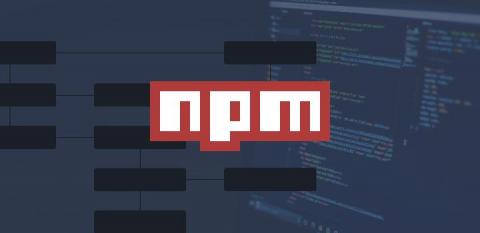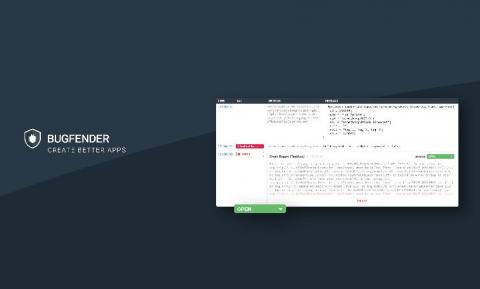Robust JavaScript Error Handling. Learn About JavaScript Errors
By combining custom errors, named functions and Bugfender, you can create a robust error-handling process that allows you to immediately identify the defects of your JavaScript apps. Unhandled JavaScript errors will stop the execution of your script, leaving the application in an undesired state – or, even worse, in an unknown state. So you need a robust error-handling process to avoid unknown errors in your apps. But, why are errors thrown anyway?











